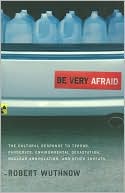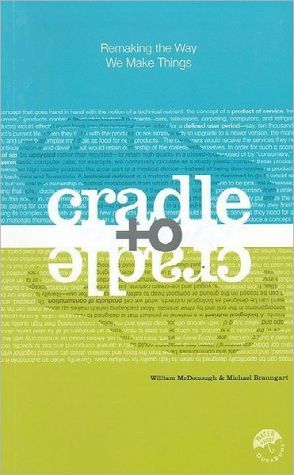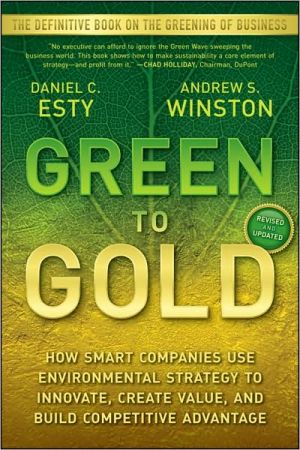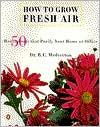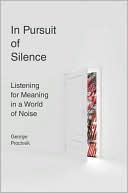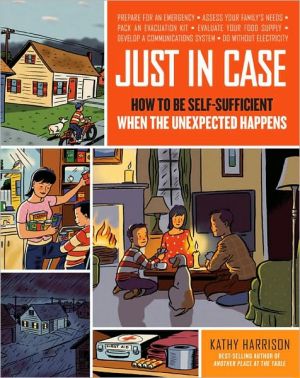Be Very Afraid: The Cultural Response to Terror, Pandemics, Environmental Devastation, Nuclear Annihilation, and Other Threats
Search in google:
Robert Wuthnow has been praised as one of "the country's best social scientists" by columnist David Brooks, who hails his writing as "tremendously valuable." The New York Times calls him "temperate, balanced, compassionate," adding, "one can't but admire Mr. Wuthnow's views." A leading authority on religion, he now addresses one of the most profound subjects: the end of the world.In Be Very Afraid, Wuthnow examines the human response to existential threats—once a matter for theology, but now looming before us in multiple forms. Nuclear weapons, pandemics, global warming: each threatens to destroy the planet, or at least to annihilate our species. Freud, he notes, famously taught that the standard psychological response to an overwhelming danger is denial. In fact, Wuthnow writes, the opposite is true: we seek ways of positively meeting the threat, of doing something—anything—even if it's wasteful and time-consuming. The atomic era that began with the bombing of Hiroshima sparked a flurry of activity, ranging from duck-and-cover drills, basement bomb shelters, and marches for a nuclear freeze. All were arguably ineffectual, yet each sprang from an innate desire to take action. It would be one thing if our responses were merely pointless, Wuthnow observes, but they can actually be harmful. Both the public and policymakers tend to model reactions to grave threats on how we met previous ones. The response to the terrorist attacks of 9/11, for example, echoed the Cold War—citizens went out to buy duct tape, mimicking 1950s-era civil defense measures, and the administration launched two costly conflicts overseas. Offering insight into our responses to everything from An Inconvenient Truth to the bird and swine flu epidemics, Robert Wuthnow provides a profound new understanding of the human reaction to existential vulnerability. Publishers Weekly Wuthnow (American Mythos) surveys the cultural response to the “prospect of devastation, even annihilation” in this provocative if uneven study. Relying on government reports, scientific studies, poll results, novels and films, and extensive interviews, the author examines the response of Americans to a series of apocalyptic threats since WWII: nuclear holocaust, pandemic influenza, terrorism, and global warming. He categorically dismisses suggestions that “denial and immobilization” have been the default responses of Americans facing disaster and argues instead that “we have responded quite aggressively.” The “great outpouring of cultural activity” in the face of these crises suggests our propensity to creatively search for solutions, not to be paralyzed by fear. But given their daunting scope and complexity, individual action has largely yielded to collective action, and these “crises have essentially become institutionalized” in large-scale organizations like the Department of Homeland Security. A solidly resourced, cogently analyzed, and persuasively argued brief. (Apr.)
Introduction1 Perilous Times2 The Nuclear-Haunted Era3 What to Mobilize Against4 Waging War on Terror5 Weapons of Mass Destruction6 Panics and Pandemics7 Environmental Catastrophe8 Setting a New Agenda9 The Call for ActionNotesSelected BibliographyIndex
